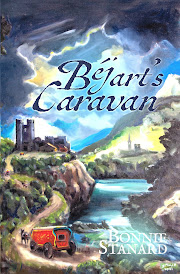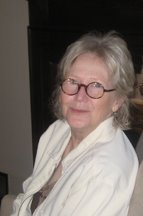WHAT MAY OR MAY NOT BE TRUE
I write poetry. I don’t necessarily write what I think is truth—or untruth for that matter. Thinking, for me, is neither true nor false. Really, isn’t it? Well, my thoughts can go a long distance without a label as to true or false.
What’s real and what’s not real is a question I do think about. By that I mean real/unreal in a physical sense, not metaphysical (I’m dodging the argument that philosophy’s vocabulary deals with reality). Anyway, I’m sitting at my desk writing on my computer. That’s real, or at least I think it is.
Sometimes it’s not easy to separate physical from metaphysical lines in poetry. The murky, out-of-focus terrain between physical and metaphysical is one of the reasons I read poetry. Those lines throw a wrench into the brainworks.
In writing poems, I want to make assertions that you can’t prove or disprove. For example, the last line of my poem “Lunch in a Belgian Chateau,” published in Last Stanza Poetry journal is “Every dead person is the same.” I can’t prove every dead person’s the same, but you can’t disprove it. I have a dear friend who would challenge me on this, but religious faith in an afterlife doesn’t rate as proof.













No comments:
Post a Comment